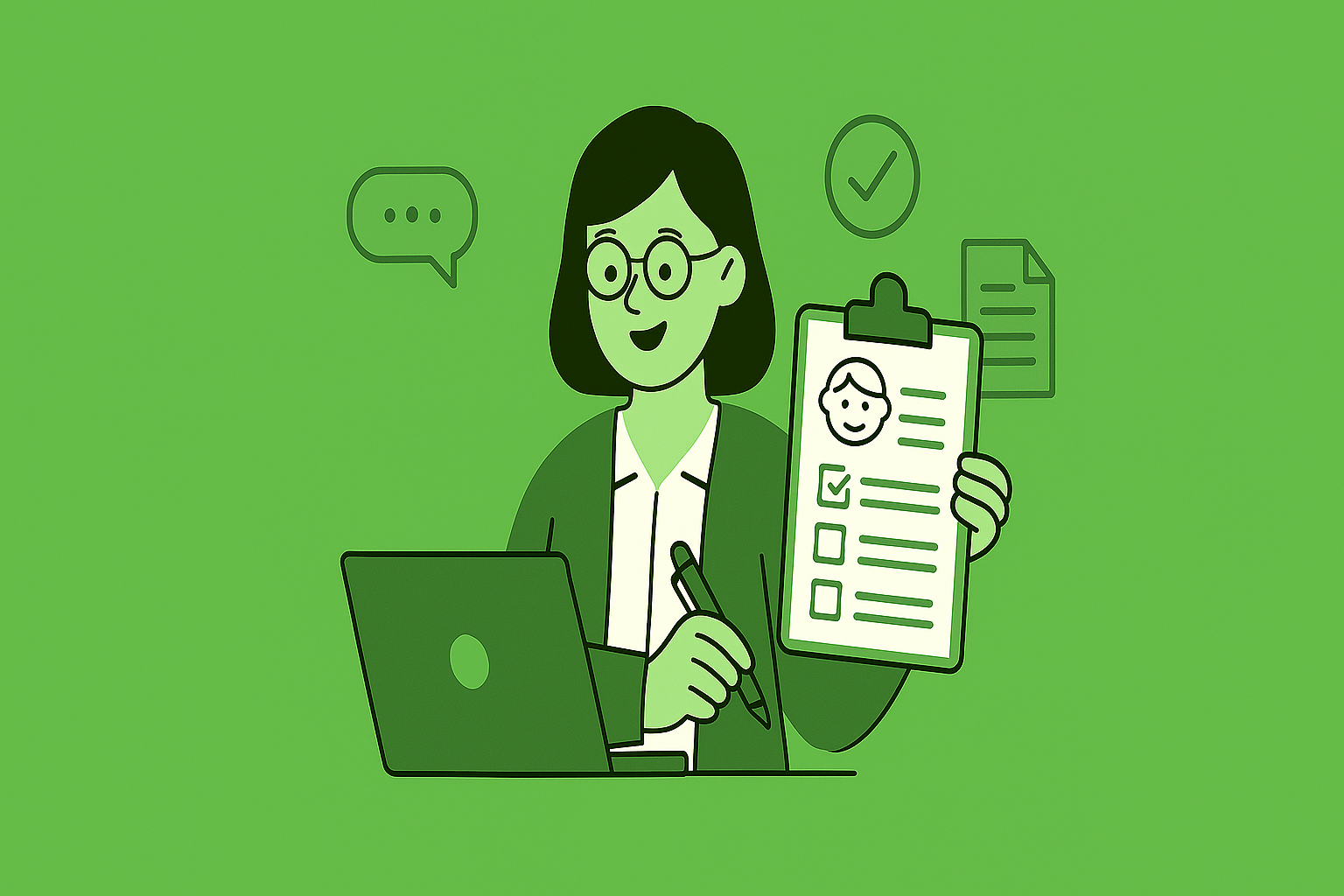Hi, I'm Khula your ultimate co-pilot for continuous child assessment in Life Skills, Language, Mathematics, and broader early childhood developmental areas. I'm here to support you through the assessment process.
I'm ready to start. How do I begin a new child assessment with Khula?
How does Khula simplify and enhance the assessment process for teachers?
Can Khula guide me through assessing a child's development in specific CAPS subjects or ELDA areas?
Legal name
Alternative name
Founded year
Number of employees
1-5
Company type
Industry
Area served
aslabbert@khulani-ecd.com
Phone
083932648
Website
https://khulani-ecd.com
Khulani Teacher Assessment Assistant
16 Jul 2025

16: ELDA Focus: Well-being – Fostering Healthy Development from Birth to Four
The first Early Learning and Development Area (ELDA) in the National Curriculum Framework (NCF) is Well-being. This area is foundational, addressing a child's physical, emotional, and social health, which are crucial for all other aspects of development and learning.
Aims of the Well-being ELDA: The primary aims of the Well-being ELDA are to enable children to:
- Develop positive self-esteem and emotional regulation.
- Acquire gross and fine motor skills necessary for physical independence.
- Understand and practice healthy habits, including nutrition and hygiene.
- Learn about personal safety and boundaries.
- Develop resilience and coping mechanisms.
Developmental Guidelines (Examples - this would be expanded for all stages):
- Babies (0-12 months):
- Beginning: Respond to comforting touch and sounds, begin to explore their own bodies.
- Moving On: Start reaching for objects, roll over, begin to sit with support.
- Advancing further: Crawl, pull themselves up to stand, show preferences for certain people, begin to self-feed with fingers.
- Toddlers (1-2 years):
- Beginning: Walk independently, show growing independence in self-care (e.g., trying to put on shoes).
- Moving On: Explore environment actively, develop more refined fine motor skills like stacking blocks, begin to express emotions like joy or frustration.
- Advancing further: Run, jump, show preferences for certain foods, begin to understand simple safety rules.
- Young Children (2-3 years):
- Beginning: Master basic gross motor skills (e.g., climbing, throwing), show increased independence in dressing/undressing.
- Moving On: Participate in simple group games, show empathy towards others, manage small fasteners (buttons).
- Advancing further: Understand personal space, express a wider range of emotions appropriately, develop more complex fine motor control for drawing or cutting.
- Towards Grade R (3-4 years/ages 4-6 if this is the focus for Khula):
- Physical Development: Demonstrate good balance and coordination in running, hopping, skipping. Fine motor skills enable drawing recognizable shapes and using scissors effectively.
- Emotional Development: Express feelings verbally, begin to understand others' emotions, show empathy. They can self-regulate during play and manage minor frustrations.
- Social Development: Participate actively in cooperative play, share toys, take turns, understand basic social rules, form friendships.
- Health and Safety: Understand the importance of hygiene (washing hands), identify healthy foods, know basic safety rules (e.g., road safety, stranger danger).
Examples of Activities for Adults to Promote Well-being:
- Provide opportunities for active physical play outdoors (running, climbing, balancing).
- Encourage self-care routines (handwashing, eating independently, dressing).
- Talk about emotions, helping children identify and express their feelings in healthy ways.
- Read stories about friendship, feelings, and healthy living.
- Create a safe and nurturing environment where children feel secure to explore.
- Involve children in preparing healthy snacks.
